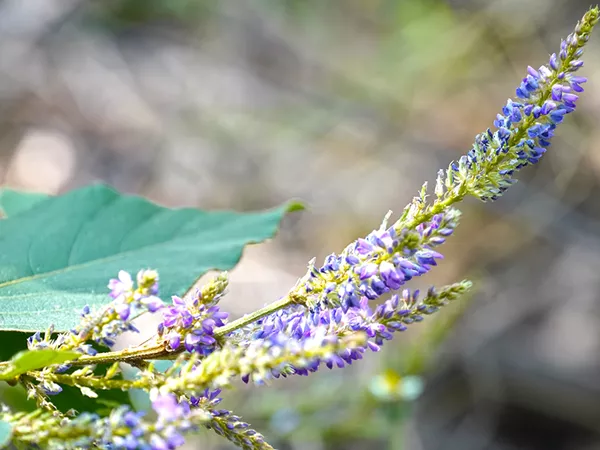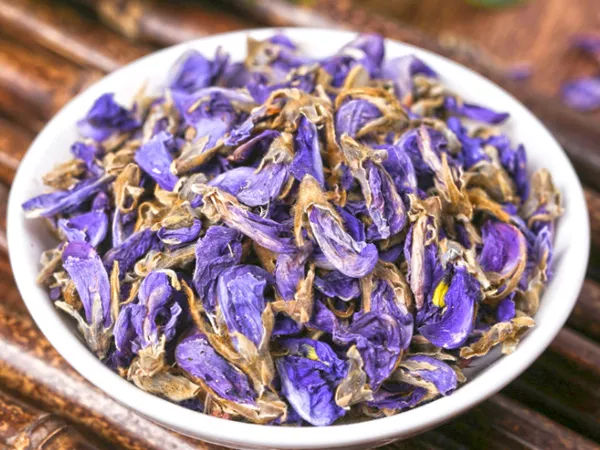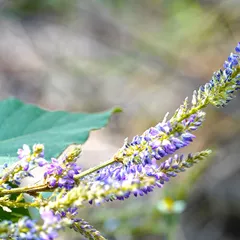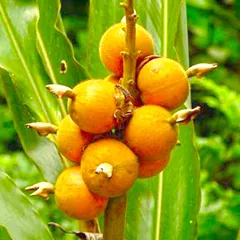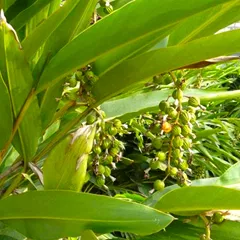Use of Ge Hua (kudzu flowers) in TCM
Please note that you should never self-prescribe TCM ingredients. A TCM ingredient is almost never eaten on its own but as part of a formula containing several ingredients that act together. Please consult a professional TCM practitioner, they will be best able to guide you.
Preparation: Collect the flower, clean and dry
Dosage: 3-9g
Main actions according to TCM*: Treats hangover and alcoholism. Stop bleeding.
Primary conditions or symptoms for which Ge Hua may be prescribed by TCM doctors*: Hangover Vomiting blood Nausea due to hangover Acid regurgitation Hangover headache Alcoholism Hangover vertigo Poor appetite Excessive thirst
Contraindications*: Should only be used when there are symptoms of hangover or alcoholism. Should not be used long term.
Common TCM formulas in which Ge Hua is used*
Ge Hua Jie Cheng San
Source date: 13th century
Number of ingredients: 13 herbs
Formula key actions: Separates and reduces alcohol-dampness. Warms the Middle. Strengthens the Spleen .
Conditions targeted*: HangoversAlcoholism and others
Ge Hua is a king ingredient in Ge Hua Jie Cheng San. Like the name indicates, it means it has more power than other ingredients in the formula.
In Ge Hua Jie Cheng San, Ge Hua enters the Yang Brightness, resolves alcohol toxicity, awakes the Spleen, and resolves Damp-Heat through gentle sweating.
Key TCM concepts behind Ge Hua's properties
In Traditional Chinese Medicine (TCM), Ge Hua belongs to the 'Herbs that stop bleeding' category. Like the name indicates these herbs tend to have hemostatic properties, meaning that they help stop various types of hemorrhages and echymosis. Unlike other herbs they often tend to be used externally.
Furthermore Ge Hua is Cool in nature. This means that Ge Hua tends to help people who have too much 'Heat' in their body, although with less effect than a plant that would be Cold in nature. Balance between Yin and Yang is a key health concept in TCM. Those who have too much Heat in their body are said to either have a Yang Excess (because Yang is Hot in nature) or a Yin deficiency (Yin is Cold in Nature). Depending on your condition Ge Hua can help restore a harmonious balance between Yin and Yang.
Ge Hua also tastes Sweet. The so-called 'Five Phases' theory in Chinese Medicine states that the taste of TCM ingredients is a key determinant of their action in the body. Sweet ingredients like Ge Hua tends to slow down acute reactions and detoxify the body. They also have a tonic effect because they replenish Qi and Blood.
The tastes of ingredients in TCM also determine what Organs and Meridians they target. As such Ge Hua is thought to target the Spleen and the Stomach. In TCM the Spleen assists with digestion, Blood coagulation and Fluids metabolism in the body. The Stomach on the other hand is responsible for receiving and ripening ingested food and fluids. It is also tasked with descending the digested elements downwards to the Small Intestine.

